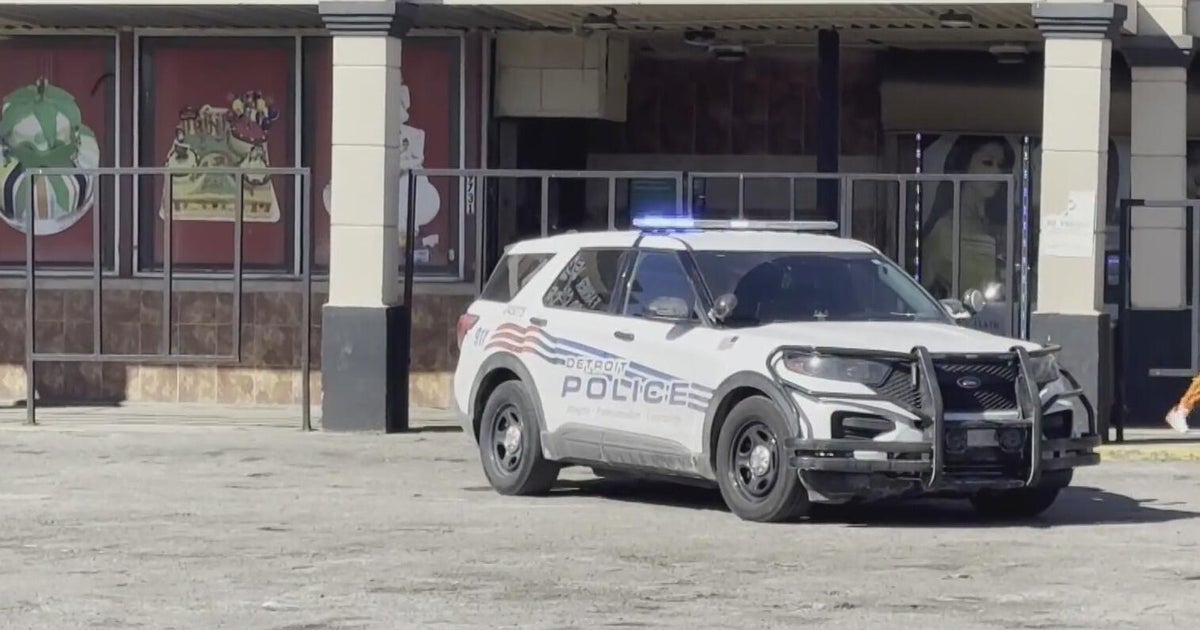Cars with the most and fewest recalls
Can recalls issued for a specific vehicle signal whether that model is reliable or not? A study by research site iSeeCars.com suggests that a high rate of recalls does indicate the likelihood of overall reliability problems.
For the study, iSeeCars.com compared the vehicles with the most and fewest recalls to the Consumer Reports reliability ratings. With a few minor exceptions, cars with high recall rates got low reliability ratings, and those with the lowest recall rates got good reliability ratings.
Consumer Reports' scores are based on a survey of vehicle ownership experiences among the magazine's subscribers. The results aren't dissimilar to other reliability surveys -- like that from J.D. Power -- which survey a larger body of owners.
"Consumers can use high recall rates as an indicator of low car quality," iSeeCars concludes.
The study used data from the National Highway Traffic Safety Administration (NHTSA) to see which vehicles have the most and fewest recalls covering the five model years 2013 to 2017. Analysts then calculated a recall rate showing the average number of recalls for each calendar year the car has been in existence, per 100,000 units of that model sold as new cars.
Four of the 10 vehicles with the most recalls also appeared in last week's recall of 5.3 million vehicles by Fiat Chrysler (FCAU) for a dangerous malfunction of cruise control. They are: Dodge Durango SUV, Ram pickup and the Dodge Charger and Chrysler 300 sedans.
One owner had reported an incident of being unable to turn off cruise control control until they could go to a dealership and get the defect fixed. The company reported the problem to NHTSA.
Fiat Chrysler emphasized in its statement about last week's recall that no deaths or injuries related to this issue had been reported so far.
In regard to iSeeCars' findings, Fiat Chrysler issued the following statement: "We reject these claims. Independent news organizations have presented the cited vehicles with multiple awards for design, technology and drivability. The vehicles have also generated voluminous praise from satisfied owners and earned high marks in third-party safety ratings."
The model with the most recalls of all is the Mercedes-Benz C-class, which has seven times the rate of recalls than the average model. And some of those have been for serious issues such as airbags and the steering column. Mercedes-Benz did not respond to a CBS MoneyWatch request for comment.
Following the Mercedes C-Class, six of the top 10 models with the most recalls were from Detroit-based brands. In addition to the four Fiat Chrysler models, General Motors (GM) had two on the list: the GMC Sierra pickup and the Chevrolet Tahoe SUV. Here's the full list based on iSeeCars' study.
Some additional findings:
Cars with the best record
Dominating the list of vehicles with the fewest recalls are Korean and Japanese brands. The Hyundai Accent subcompact sedan is tops, with one-tenth of the average vehicle's recall rate. The Hyundai Elantra compact sedan is also on the list.
Honda has three of the top 10 -- the Civic, Accord and CR-V. Toyota checks in with the Corolla and Camry, and Subaru has one model, the Crosstrek. The only domestic U.S. models on the fewest recalls list are the Chevrolet Equinox and GMC Terrain SUVs.
Continuing the connections between recalls and reliability, the top 10 list has an average Consumer Reports reliability rating of 4.5 out of a possible 5. The average CR rating for the cars with the most recalls is just 3.
How to compare models when shopping
To demonstrate comparison shopping for new or used SUVs, iSeeCars.com CEO Phong Ly looked at the Dodge Durango on the most recalls list vs. the Chevrolet Equinox on the fewest recalls list. "Durango owners have to go through the rigamarole of recall-related repairs more often than Equinox owners, in order to replace airbag control modules, brake calipers and alternators," he said.
The hassle of recalls
Not every recall is for a dangerous safety issue. But every recall is a hassle for owners. About 75 percent of owners typically -- and unwisely -- ignore the notice to bring their vehicle to the dealership for a fix even though the repair is free. "A recall means hours of lost time on top of potential safety issues," said Ly. "At the very least, it involves an appointment, a trip to the dealership and waiting around while the repairs are being made or dealing with a loaner car if the dealership is even prepared to make the fix."
If you're shopping for a new or used car, check to see how often that model has had recalls. For a used car, put the year, make and model into the NHTSA recall database search. For a new car, check that same model for a few previous years.
To get the Consumer Reports reliability ratings, you must be a subscriber to the digital edition or the magazine.



